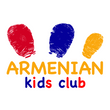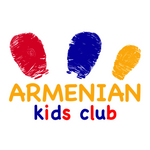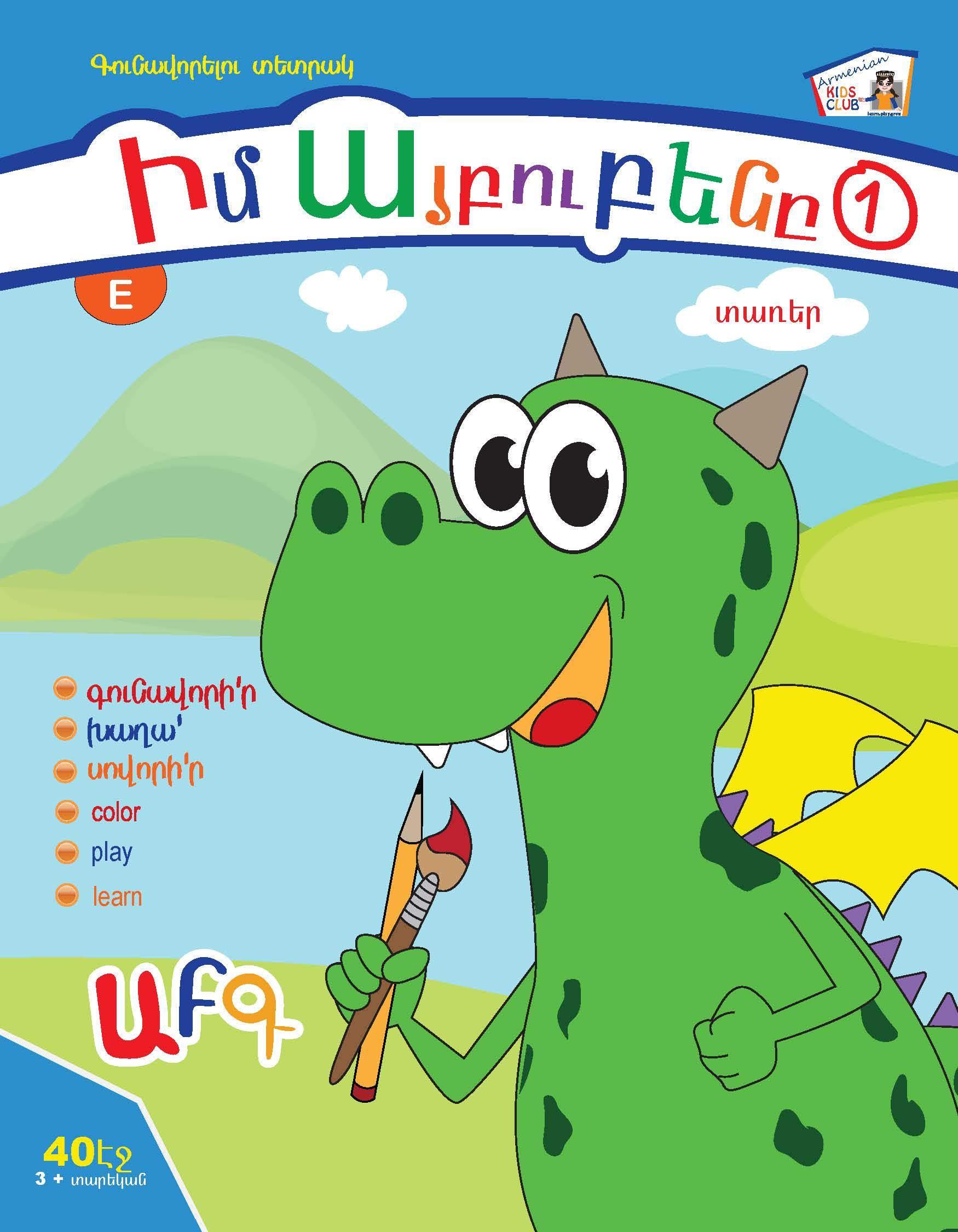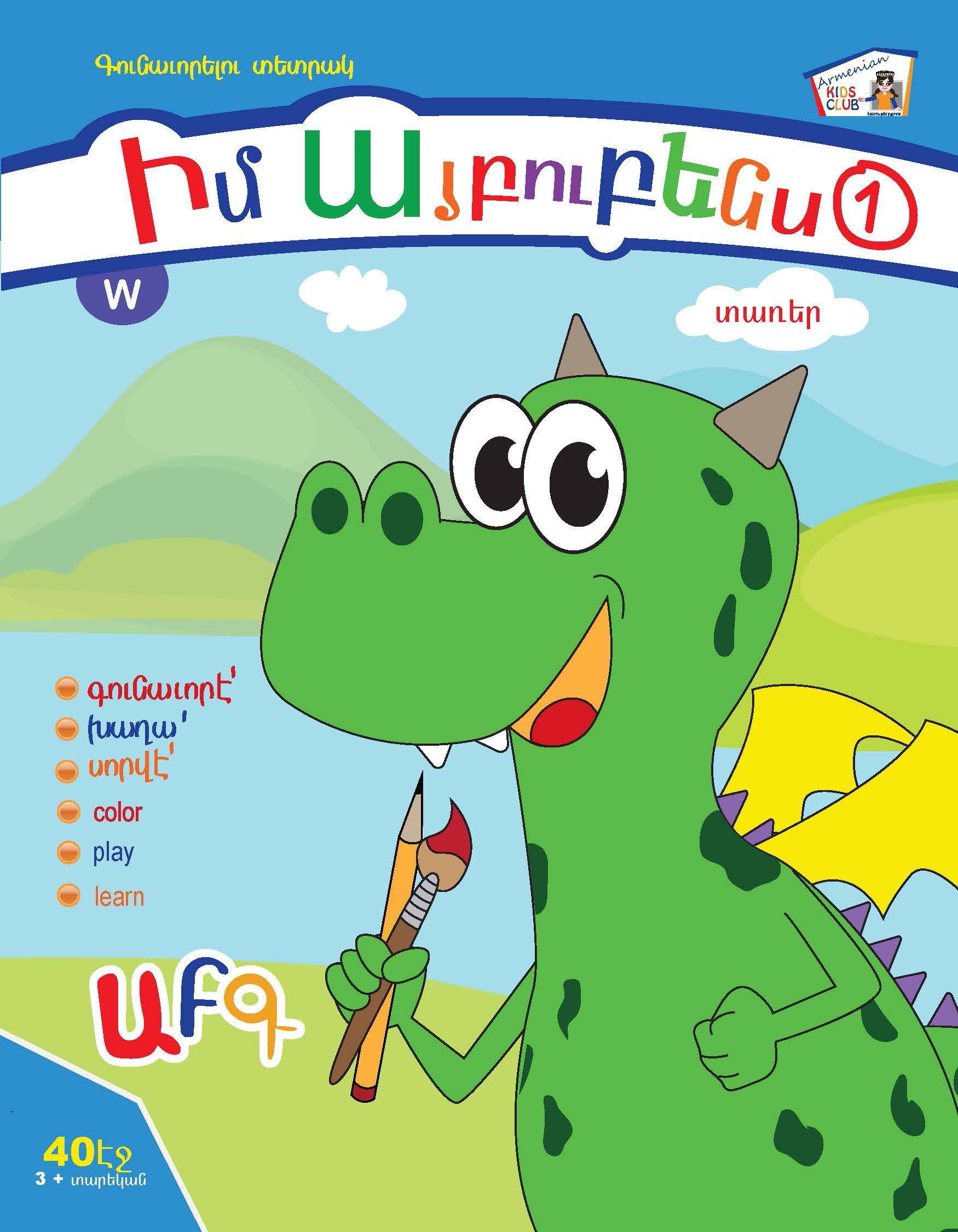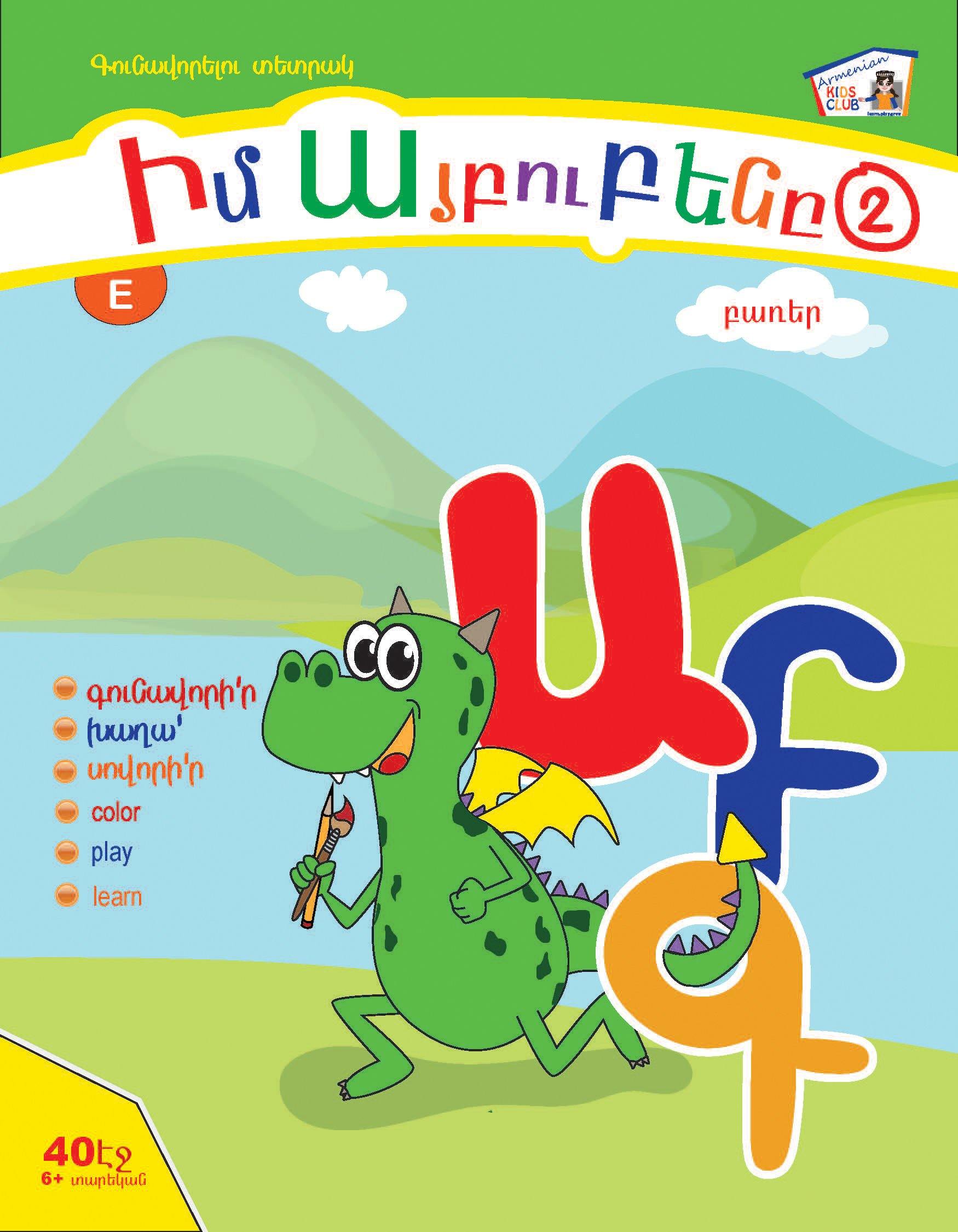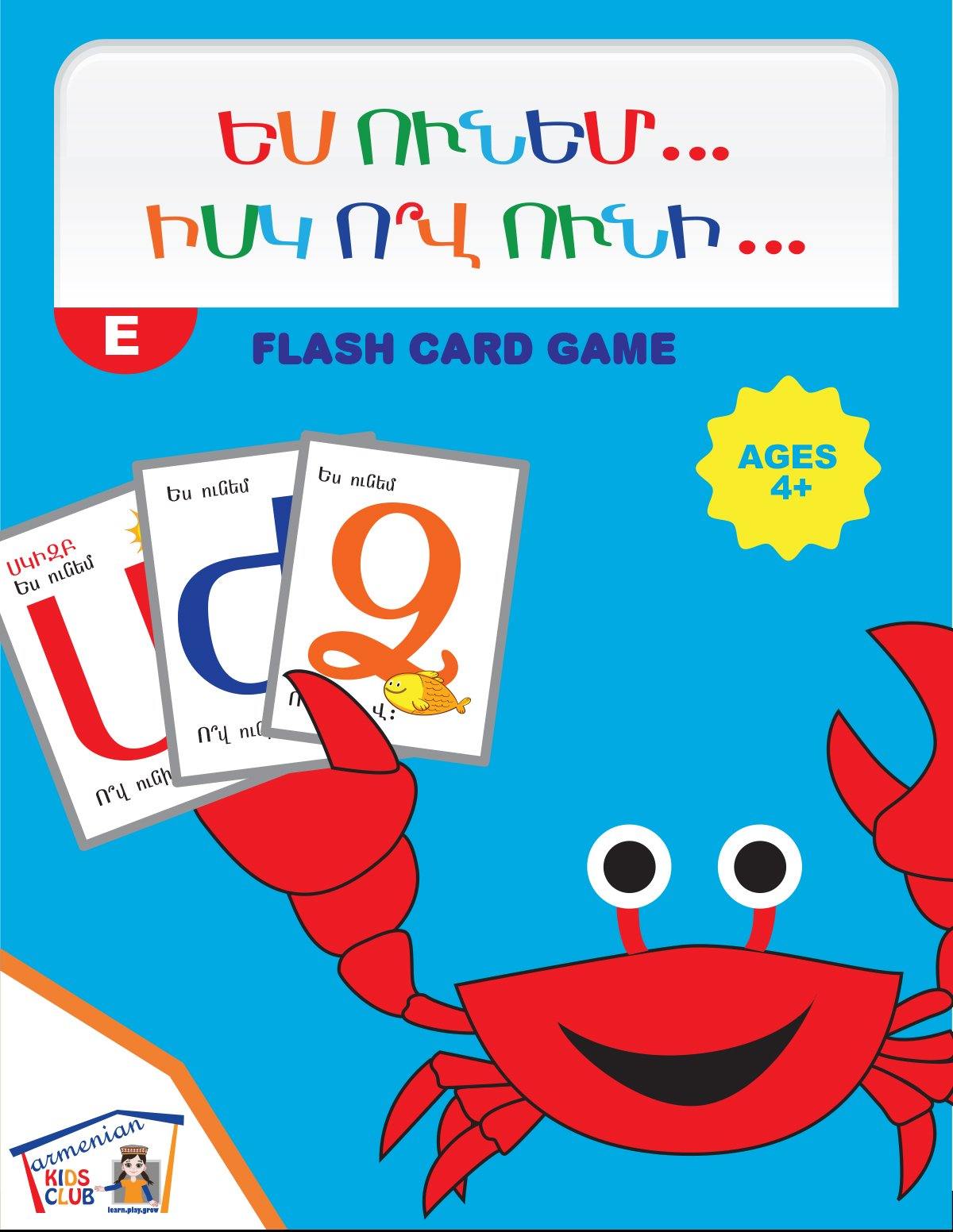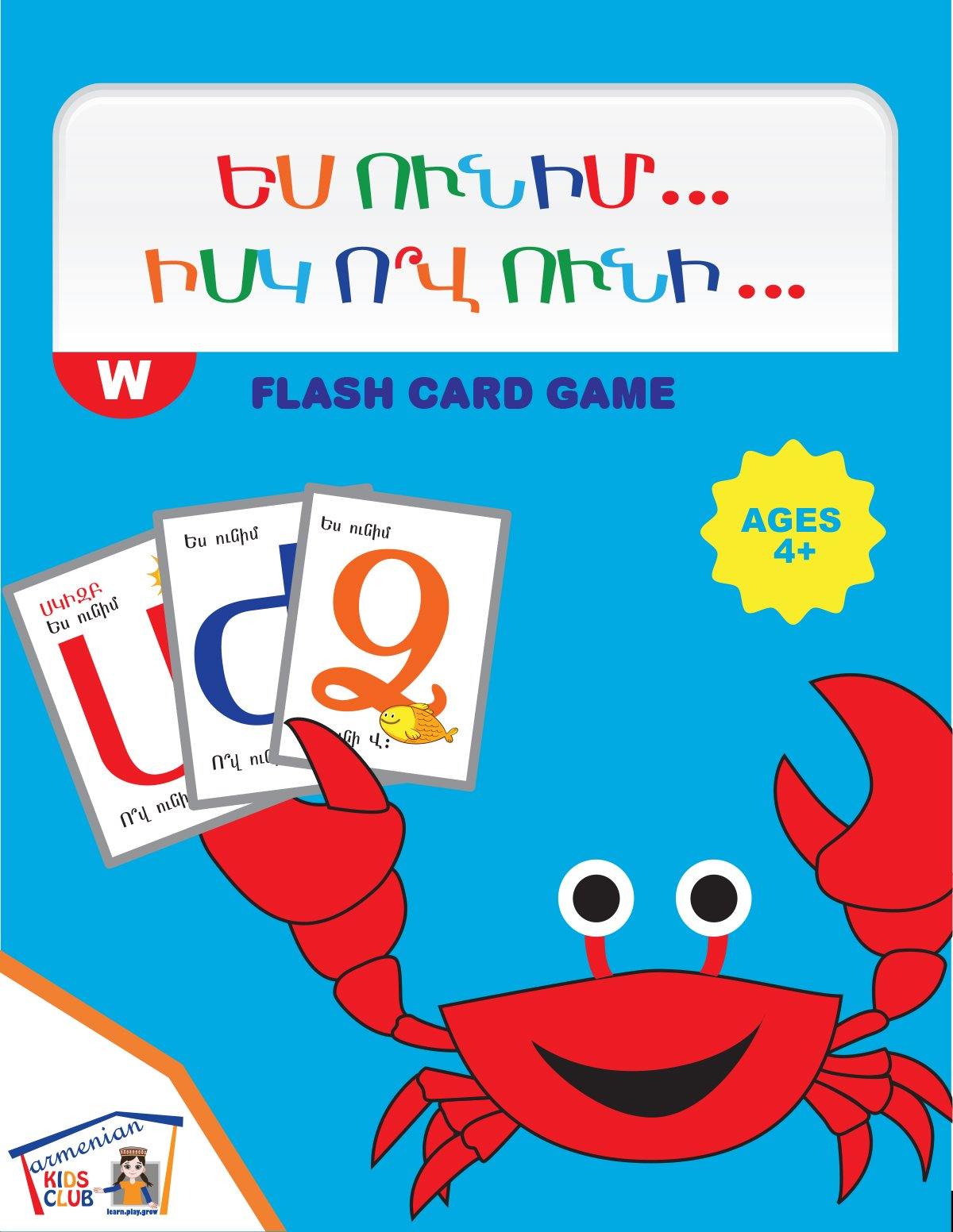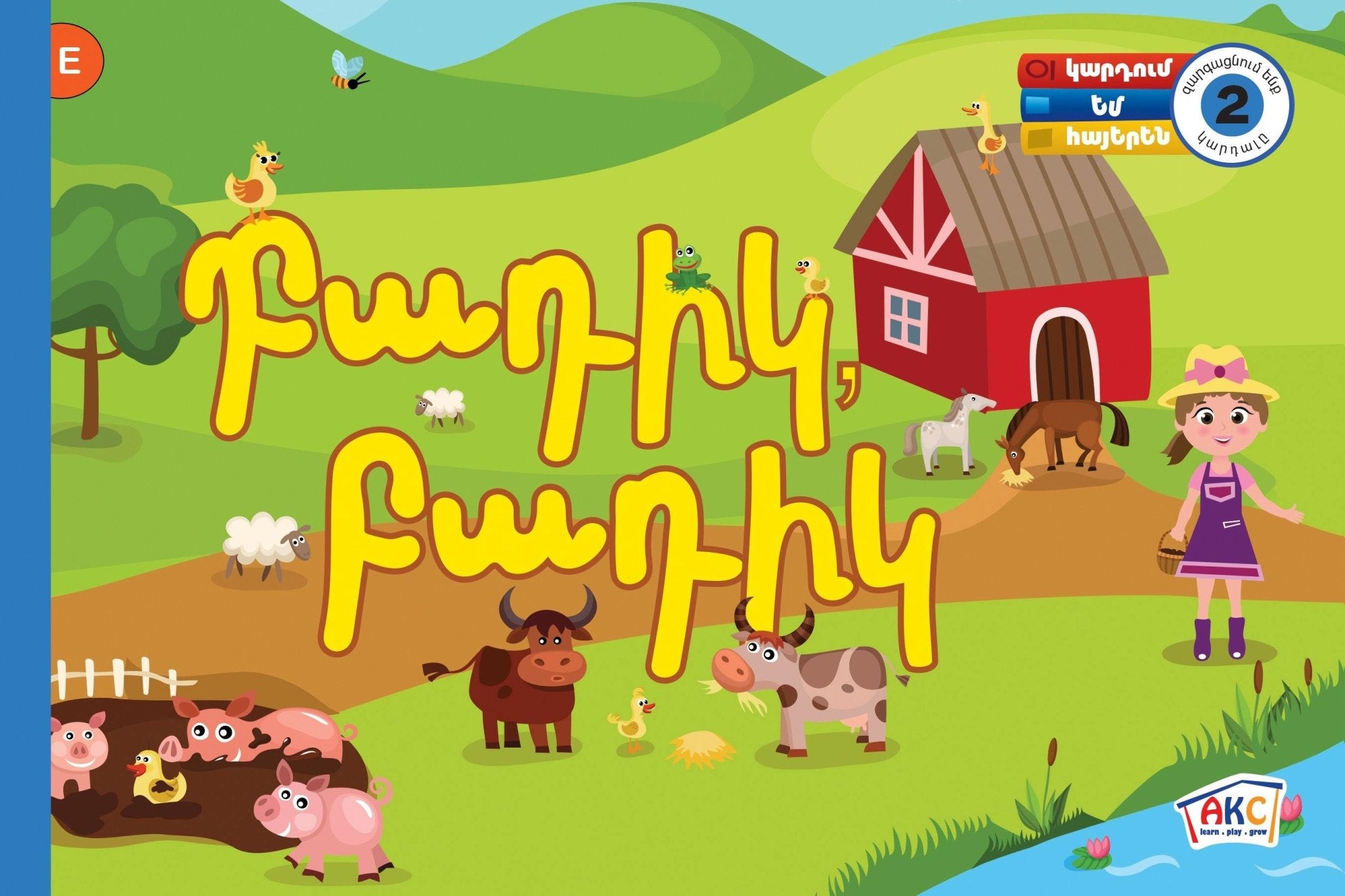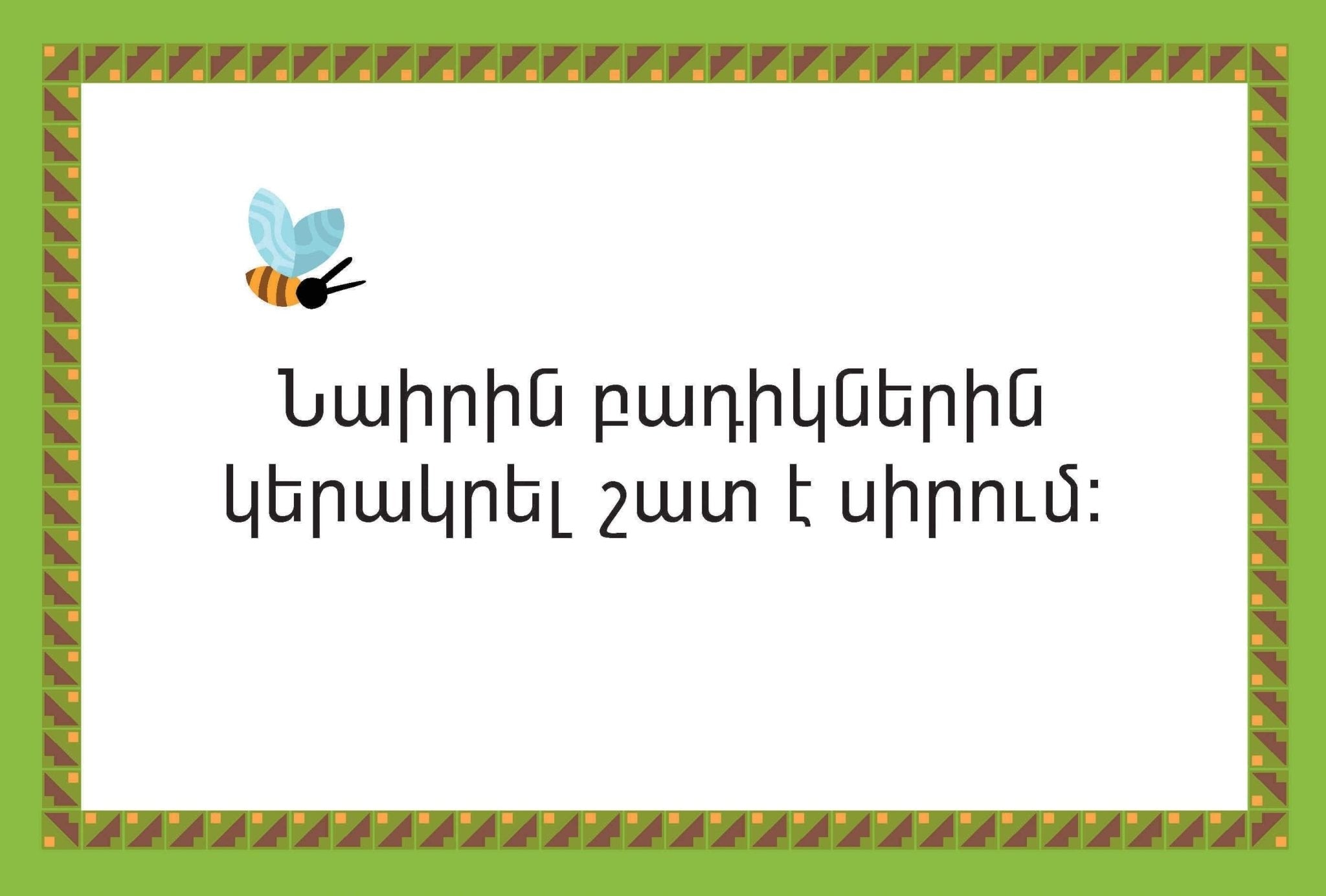Is Learning Armenian as difficult as climbing an icy mountain? Sometimes it can feel like it is.
Recently, I posted on social media, products we are developing and publishing. They are meant to help kids learn Armenian in a fun and engaging way. An older Armenian gentleman sent me a message saying he wished he had learned Armenian. I replied, "It's not too late, give it a go!" My optimism and genuine desire to encourage someone well into their 60's was met with, "Armenian is too difficult." Then, all I could say was. "Oh, I see."
I decided to search for languages that were considered difficult and try to understand why. Several YouTube videos later, I realized most of the languages that were seen as difficult, were those that had a unique alphabet and were not spoken on a wider scale.
Well, that's just great! We are not going to be changing the alphabet anytime soon and I don't see Armenian being spoken worldwide. I mean we are struggling to get Armenians to speak Armenian. Is there a solution?
To address this question more academically, I turned to Nathalie Karimian, M.A., who was studying at USC Rossier School of Education. She has been researching Armenian Heritage speakers and how they were addressing the challenges of teaching their children Armenian.
Here is Nathalie's professional opinion and advice:
When we think about helping someone learn a language, we often think about being in a classroom or the materials we can use. It’s easy to miss one of the most important components of language learning because it is right under our noses, everywhere we turn. Language is largely learned in social interactions with others, especially when children are young.
Motivation to learn language stems from wanting to be a part of a social environment. And, often times, what you learn in the classroom or a language book is not the same as the language used in daily interactions. A great way to support your children’s use of Armenian is to immerse them in environments where Armenian is used. The social setting provides the support that is different from the classroom or language-specific resources and can transform them into stronger learning experiences.
Foster social interaction with your child(ren) in Armenian through:
- Conversation during daily interactions and play
- Discussions about books and pictures
- Open-ended questions that give them opportunities to express complex thoughts
- Activities where they can interact with others in the language
So, there you have it, folks, it is true that Armenian is difficult because of its nature, but go find yourself an Armenian friend, watch some videos, practice writing and build connections. Because, we all know at the end of the day, being Armenian is being connected to all the parts of the heritage and culture and any other person that considers themselves Armenian.
